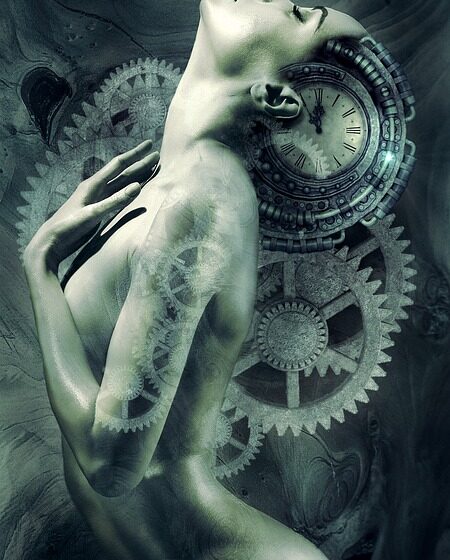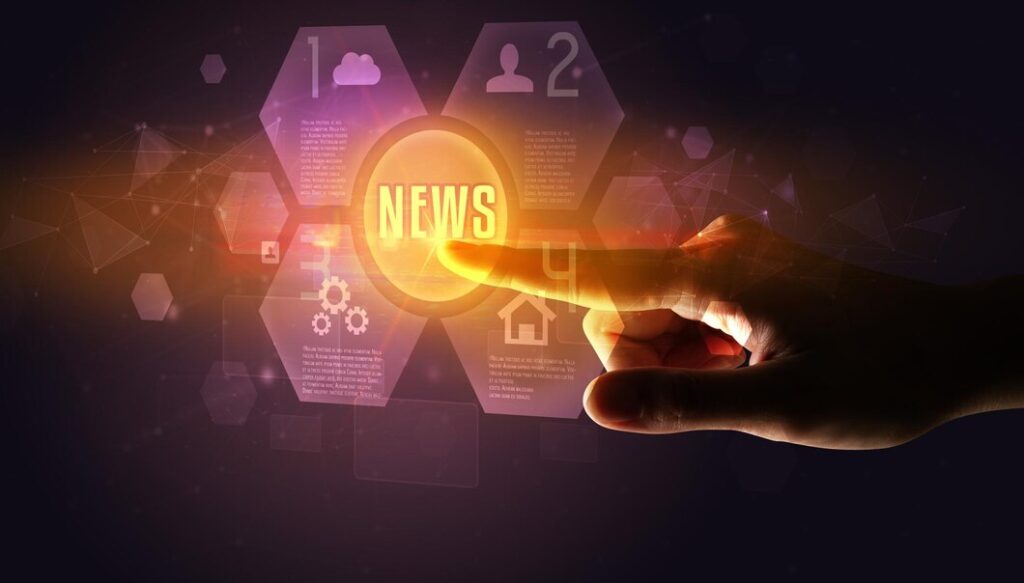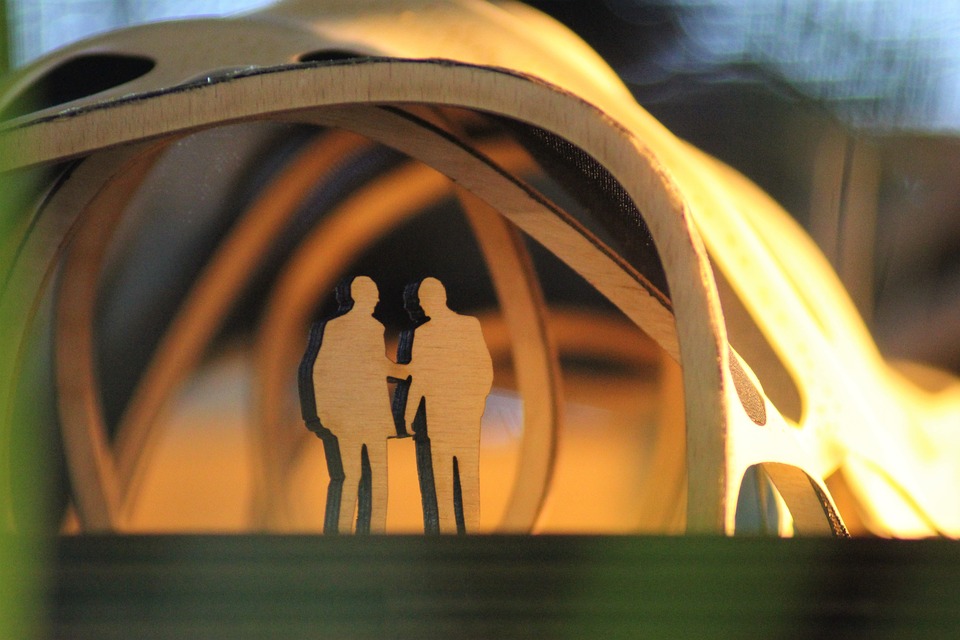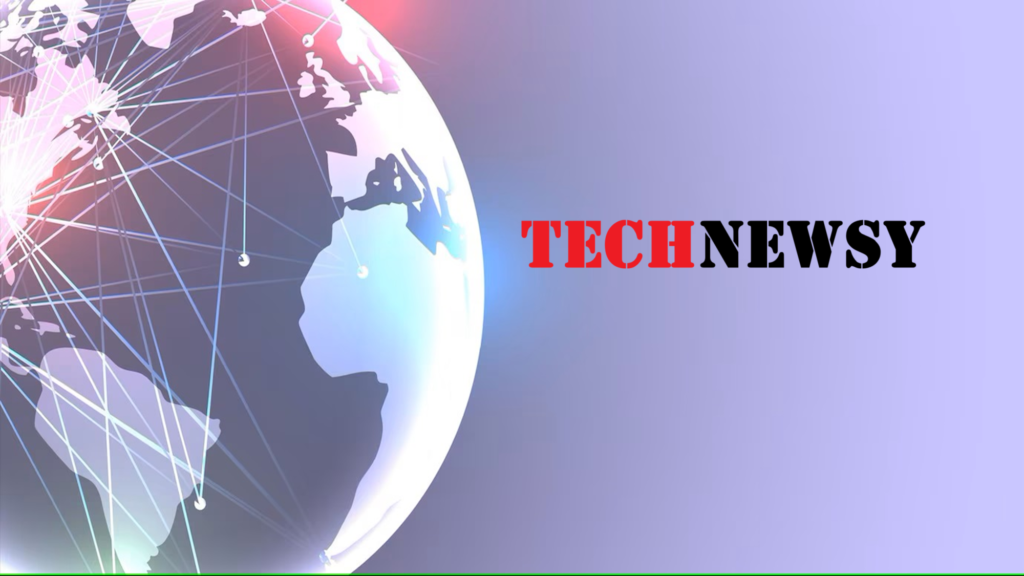Can AI Replace Human Creativity? The Debate over the Limits of Artificial Intelligence

Artificial intelligence has made tremendous advancements in recent years, with machines now able to perform complex tasks that were once thought to be reserved exclusively for human beings. From driving cars to diagnosing diseases, AI has proven to be an incredibly powerful tool. But can it truly replace human creativity?
The debate over the limits of artificial intelligence has been raging for years, with some arguing that AI will never be able to replicate the unique and unpredictable nature of human creativity. Others believe that AI could eventually surpass human creativity, leading to a new era of innovation and discovery.
One of the main arguments against AI being able to replace human creativity is that creativity is inherently human. It is rooted in emotions, experiences, and personal perspective, all of which are unique to each individual. While AI can analyze data and patterns to generate ideas, it lacks the emotional depth and personal touch that humans bring to the creative process.
Furthermore, creativity often involves breaking away from established norms and thinking outside the box, something that AI may struggle to do. AI operates based on algorithms and data, which can limit its ability to think creatively in the same way that humans can.
On the other hand, proponents of AI argue that machines are already capable of producing art, music, and literature that rivals that of humans. AI can analyze vast amounts of data and generate new ideas and creations in a fraction of the time it would take a human. This efficiency and speed could lead to breakthroughs in creativity that were previously unimaginable.
Additionally, AI can also collaborate with humans to enhance creativity. By leveraging AI tools to analyze data and generate ideas, humans can focus on the more nuanced and emotional aspects of the creative process, ultimately leading to more innovative and impactful work.
Ultimately, the debate over whether AI can replace human creativity is complex and multifaceted. While AI has made impressive strides in replicating certain aspects of human creativity, it still has a long way to go before it can truly match the depth and complexity of the human mind.
As technology continues to advance, it will be crucial for society to navigate the ethical and philosophical implications of AI in the realm of creativity. While AI may never fully replace human creativity, it certainly has the potential to revolutionize the way we approach and think about creativity in the future.
In conclusion, the debate over the limits of artificial intelligence in relation to human creativity is ongoing and complex. While AI has made significant advancements in replicating certain aspects of human creativity, it still falls short in many areas. It is likely that AI will continue to play a role in enhancing and augmenting human creativity, rather than fully replacing it. The future of AI and creativity will ultimately depend on how we choose to integrate and collaborate with this powerful technology.






